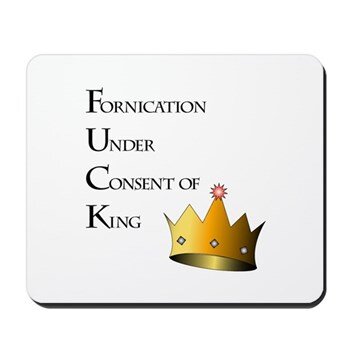I can’t resist re-posting this. Today would have been my father’s 84th birthday. I’m spending the day writing, Dad, and tonight we’ll drink a glass of red wine in your honour.
My father loved words, sounds, and language. I guess I’ll always feel that he played a role in setting me on my voice training path.
I remember back when I was working as a text coach for a production of ‘Medea’ at UBC, I’d discuss Greek pronunciations with him - did he think ‘Glauce’ should be pronounced ‘Glau - say’ or ‘Glau - kay’’, and so on. Dad was emphatic about the muscular sounds of the Greek language, insisting that “the vowels are long, the consonants are hard! It’s always ‘KUH, not ‘SUH’!” I’m not sure he was right about that, but it wasn’t about scholarly precision. He loved the vigour and vitality of those sounds.
He felt the connection between characters and their utterances. He once gleefully told me about a woman waiting in the line at the bank who, needing to sign a paper, had turned to him and asked, “can I borrow your paaaaaan?” From this articulation, Dad created an entire character.
He kept note of what he called “howlers” – warped expressions and malapropisms - whenever he heard them. Like the sailor “changing his tact”, or someone “casting nasturtiums on his good name”. Or typos - he took the time to clip an article out of the newspaper and mail it to me just so I could see that the headline read, “Detainee Welcomes a Pubic Inquiry”. Scrawled on the side of the paper was Dad’s voice: “Look at his big smile! And the wife’s expression!”
At a launch party for ‘Piccolo Mondo’ he said, “Writing began for me in Grade Eleven…It continued at UBC where I sat in the basement of the student newspaper office every Thursday slowly clicking my loves and hates into a Remington typewriter and onto a column of arts criticism…What I loved most dearly, though, was reading poems to audiences, showing off...I’ve always loved having an audience. Lend me your ears.”
What I remember about him, and what guides me, is the way he spanned a continuum of physical, vocal, verbal, and written expression. He embodied words - reaching across, darting through, dancing along breath, muscle, sound, typeset, and ink. For him, sounds, speech, words and text merged in a way that is rare – a way that I will likely spend my whole life trying to understand.
To me, his sound and fury signified everything.









